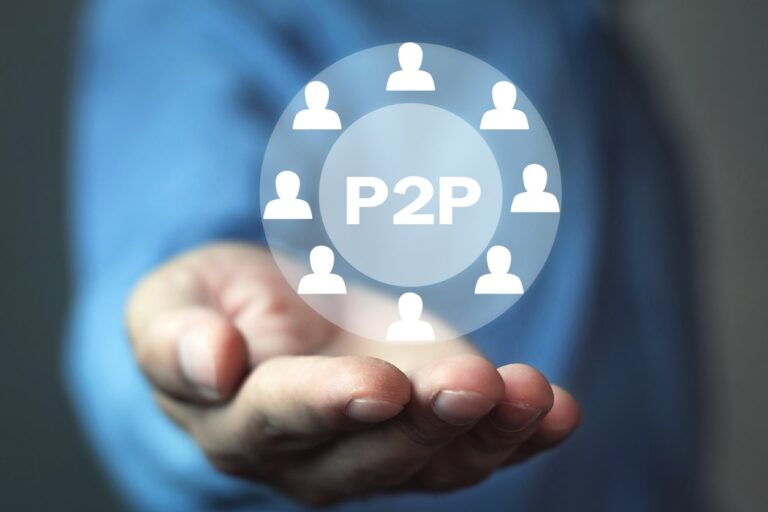Nigeria’s once lukewarm stance towards cryptocurrencies has taken a drastic turn towards banning it. The Nigerian government, citing concerns over manipulation of the Naira, proposes a ban on P2P (Peer-to-Peer) trading platforms that use local currency. The move, coupled with ongoing legal battles with major exchanges, throws the future of Nigerian crypto into uncertainty.
Naira under siege? The P2P battlefield
Nigerian Securities and Exchange Commission (SEC) says crypto participants and exchanges are manipulate the value of the Naira via P2P transactions. Emomotimi Agama, the new CEO, suggests removing Naira from all P2P platforms as a solution.
Agama highlighted the government’s determination to combat the perceived threat, saying:
“It’s one of the things we need to do to save this space.”
The possible ban on P2P would significantly limit Nigerian crypto investors. P2P platforms offer a convenient and often cheaper way to buy and sell cryptocurrency using local currency versus traditional foreign exchange channels. With the delisting of the Naira, Nigerians would face barriers in entering and exiting the crypto market, which could hamper its growth and adoption.
Crypto exchanges are feeling the heat
THE regulatory heat is not limited to steamy P2P platforms. Binance, the leading cryptocurrency exchange, already embroiled in a months-long struggle with the Nigerian government, felt the consequences from the start.
In March, Binance suspended all Naira-related services following the arrest of two executives and accusations of regulatory violations. The saga continues – Binance faces criminal charges and its executives are embroiled in another tax evasion battle with Nigerian authorities.
Following Binance’s lead, OKX, another major crypto exchange, removed Naira from its P2P market on May 3. Although OKX did not explicitly cite regulatory pressure, its explanation of a “change in local market requirements” suggests a cautious approach to Nigeria’s tightening grip.
Unanswered questions and uncertain future
The effectiveness of a ban on P2P to combat alleged manipulation remains to be demonstrated. Crypto, by its nature, transcends borders and Nigerians could potentially turn to international P2P platforms or alternative methods to circumvent restrictions. Additionally, details of proposed broader regulations targeting the local crypto industry have yet to be revealed.
The situation paints a gloomy picture for Nigerian crypto enthusiasts. Local investors face limited options, major exchanges are reluctant to operate in the country and the regulatory landscape remains opaque. As the government seeks to exert control, this crackdown could stifle innovation and push Nigerians down unregulated paths within the crypto space.
What awaits us
Nigeria’s decision to oppose P2P crypto platforms is a significant development that could impact Africa’s booming crypto market. It remains to be seen whether the government’s concerns will translate into effective regulation or completely stifle a booming industry. Meanwhile, Nigerian crypto investors find themselves in a landscape fraught with uncertainty.
Featured image from Techopedia, chart from TradingView


